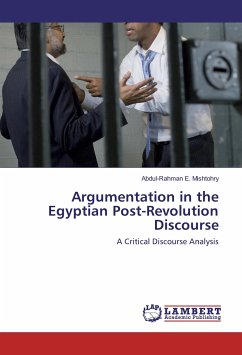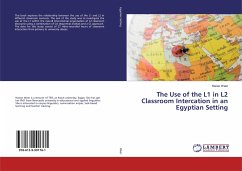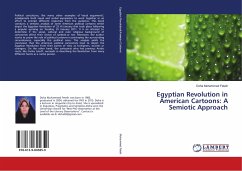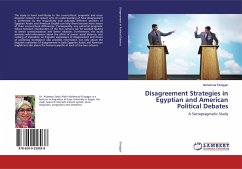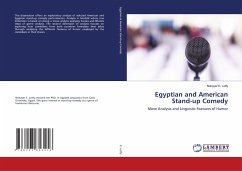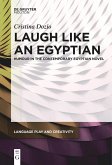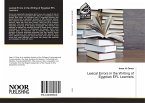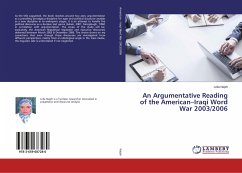The 25th of January Revolution, 2011, opened the door widely for all the political groups to participate in the political life after years of oppression, totalitarianism, and dictatorship. As a result, liberals became freer to express their political viewpoints, Muslim Brotherhood (MB) were able to participate and share political power, and Salafis started engaging in the realm of politics for the first time in their history. However, the period of agreement, unity, and cooperation among the different groups which participated in the Revolution with the aim of achieving freedom and social justice was quickly over and a new era of competition, disagreement, and rivalry began under the ruling of the Supreme Council of the Armed Forces, which took over power on the 11th of February 2011. Three important public events were introduced to the Egyptian community in that period. These were: the Constitutional Amendments Referendum of the 19th of March 2011, the Supra-Constitutional Principles, and the Public Will Friday demonstrations on the 29th of July 2011. The present study analyzes the argumentative discourses of liberals, MB, and Salafis dealing with these three controversial events.

